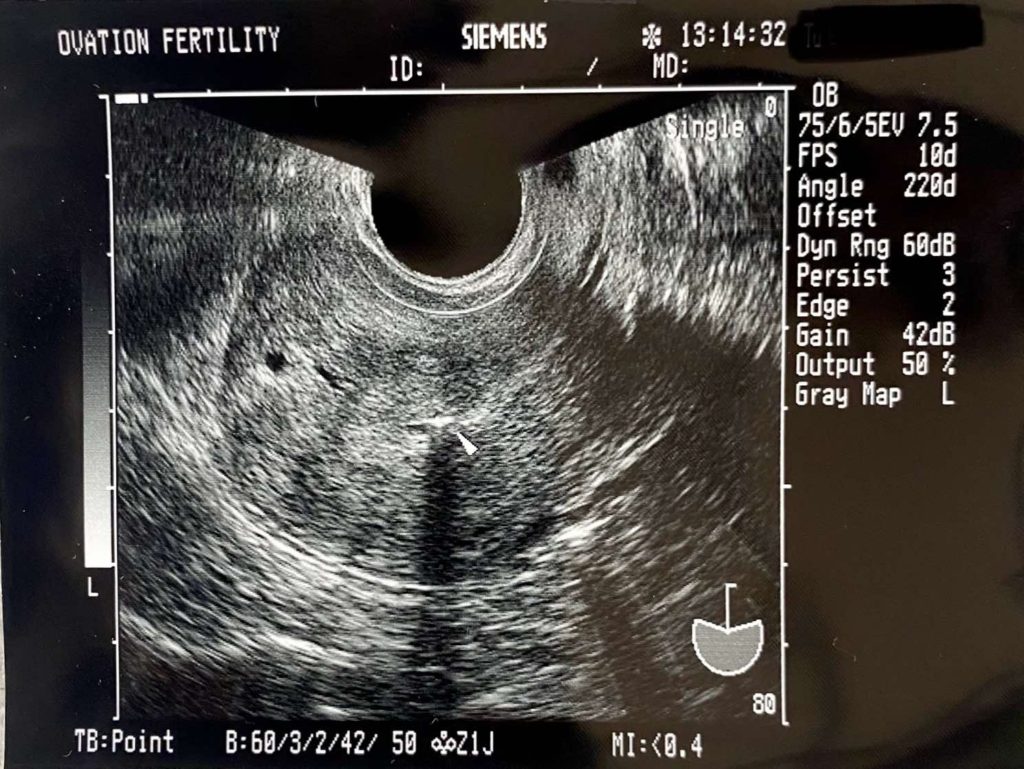Are your chance of success with IVF affected by the doctor you choose?

In theory, there are several ways that your choice of IVF doctor and IVF program can raise or lower your chance of success. The quality of the embryology lab is one indisputable factor. The management of the ovarian stimulation and the choice of protocol are also important. Now comes strong evidence that the doctor who performs your embryo transfer matters also.
This is an article from the February 2020 issue of HUMAN REPRODUCTION entitled “The human factor: does the operator performing the embryo transfer significantly impact the cycle outcome?” by F. Cirillo, P. Patrizio et al
This retrospective study looked at twenty years of fresh embryo transfers from the Humanitas Fertility program in Milan, Italy. The study looked at a total of 19,824 fresh embryo transfers performed by 32 different doctors. Unlike with a single-doctor practice, where patients are managed entirely by one physician, in a multi-doctor setting, a team approach is used so that each clinical encounter has the possibility of being managed by a different physician.
This study isolated only transfers that were done by the “doc of the day” system and excluded special cases where patients made special VIP requests to have their transfer performed by a particular doctor of their choosing. Furthermore, this study excluded from the analysis any doctor who did fewer than 20 transfers.
As someone who always does a mock transfer, I found it interesting that at this center, a practice or mock transfer was never routinely done. Also, all their transfers were performed under trans-abdominal ultrasound guidance, which is something I never do anymore, having switched exclusively to the trans-vaginal ultrasound guidance technique over twenty years ago.
The variable of outcome that was studied was the OPR ( Ongoing Pregnancy Rate) defined as a pregnancy that successfully survived to twelve weeks. The first part of the study aimed to answer the question: How much does the person doing the transfer affect the the outcome? Simply tallying each operator’s success rates is not the best way to answer this question, because there are so many confounding variables that could affect success rate. The study controlled for many of these variables such as age of the patient, her FSH value (which reflects her ovarian reserve), the number of eggs retrieved, the fertilization rate and the number and stage of the embryos transferred. Since this was a twenty year study, it was also important to account for the year that the transfer took place as technological advances improved IVF success rates at the center with each passing year, so that cycles in 2001 would not be expected to have as high a success rate as cycles done in 2014. This was taken into consideration.
So does the person performing the transfer affect the outcome? The answer was a clear YES. In general, the 32 operators worked for a mean of 162 months, performing a mean of 620 ± 887 ETs, and their overall unadjusted OPR was 21.36%. The doctor with the best OPR had 29% while the doctor with the lowest OPR had 8%. Bear in mind, this is the unadjusted OPR.
Using statistical techniques to adjust for the previously mentioned variables, the study authors were able to calculate that the odds ratio of the worst performer was 16% below the mean while the odds ratio of the best operator was 13% above the mean. If we think of this in terms of real life rather than just numbers in a journal article, it means that there are some babies in Italy who owe their life existence to the roll of the dice of which operator was on duty on the day of their transfer. Of course, this concept applies to all infertility treatment and is the burden that all reproductive endocrinologists bear on behalf of our beloved patients.
There are many potential different factors of how transfers could differ from one to the next. Some of these include the precision localization of the catheter tip in a particular spot, the ability to enter with minimal trauma so as not to agitate the uterus to contract and the ability to avoid the embryos from being sucked back into the catheter upon withdrawal.
The second part of the study came as a surprise to me. When they analyzed to see if the odds ratio for operators improved over time, the slope was close to zero. This would suggest that the skill level of operators did not improve over time overall. That’s not to say there weren’t individuals who got better over time. It just suggested that as a whole, operators don’t generally improve with increased experience.
I concede that knowledge of the findings in this study don’t necessarily translate to useful actionable information for patients. Even if you could choose the doctor to do their transfer within a multi-doctor practice, there isn’t reliable information as to whose track record is better or worse.
I enjoyed and appreciated this study. As a disclaimer, the second author, Dr. Patrizio, was my colleague for three years, one year ahead of me in my OB/Gyn residency. I have always had great respect for his expertise in our field.
Leave a Reply